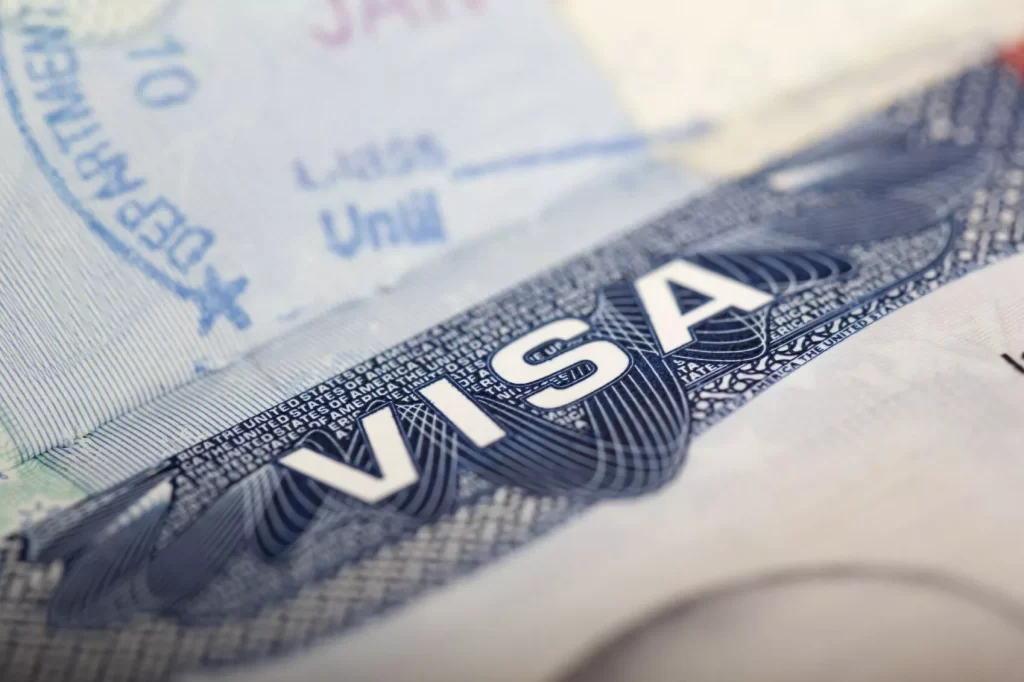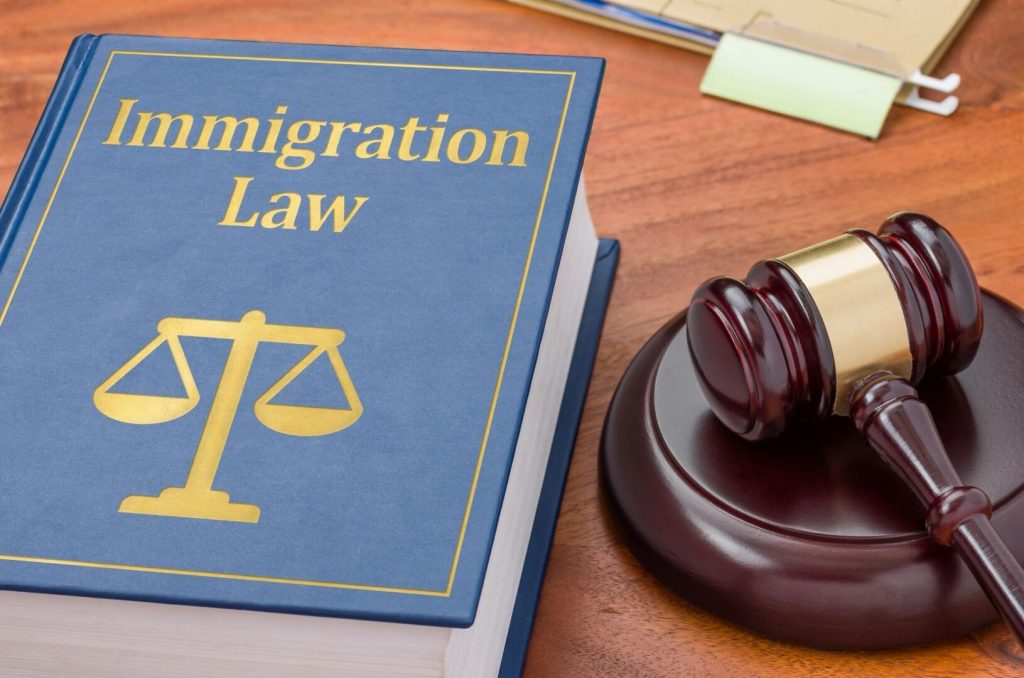Is It Still Possible To Immigrate To America?
The narrative of the United States, the famed ‘land of the free,’ is intimately intertwined with immigration. From the Pilgrims at Plymouth Rock to modern-day tech-gurus, immigrants have journeyed across vast oceans, breathlessly chasing the ‘American Dream.’ Today, in an evolving geopolitical landscape, one question reverberates in the hearts of hopefuls everywhere – is it still possible to immigrate to America? The answer is a resounding ‘yes.’ This article delves into how the United States continues to open its doors to newcomers from distant shores, keeping the golden dream of immigration alive.

From its inception, the United States has been a beacon of hope, attracting individuals in search of opportunities and freedom. This rich history is still in the making today, as it continues to welcome immigrants from all corners of the world. The ethos of America as a land of immigrants remains a vibrant aspect of its national identity and a driving force behind its cultural, economic, and technological prowess.
Various legal pathways to immigration remain open in today’s United States:
- Family-Based Immigration: The United States values the reunion of families. US Citizens and Permanent Residents can sponsor visas for their immediate relatives, including spouses, children, and parents.
- Employment-Based Immigration: Highly skilled professionals, academics, and workers across various fields often use this route to immigrate to America. The system is based on preferences, from priority workers to skilled and unskilled labor.
- Diversity Visa Lottery: Known as the Green Card lottery, it provides 50,000 visas annually to countries with low numbers of immigrants to the United States.
- Refugee and Asylum Admissions: The United States offers protection to individuals fleeing persecution and violence in their homelands. This is consistent with the nation’s humanitarian principles.
- Other Special Class Visas: These include visas for recognized alien workers, religious workers, investors, and more.
Yes, immigration laws have seen changes and revisions; yes, political climates influence policies; and yes, every potential immigrant’s journey can be challenging. Yet, the United States continues to accept immigrants who add to its diverse tapestry. From the Silicon Valley tech-entrepreneur to the Midwest farmworker, from the East Coast scholar to the West Coast artist— pioneers from across the globe still make America their home every year.
n conclusion, the echoes of Emma Lazarus’s time-honored words inscribed on the Statue of Liberty’s placard – “Give me your tired, your poor, Your huddled masses yearning to breathe free, The wretched refuse of your teeming shore” – continue to ring true today. It’s a reminder that America, a country built on the dreams and aspirations of those who’ve come to its shores, continues to welcome new dreamers to its expanse, keeping the spirit of immigration firmly alive.



